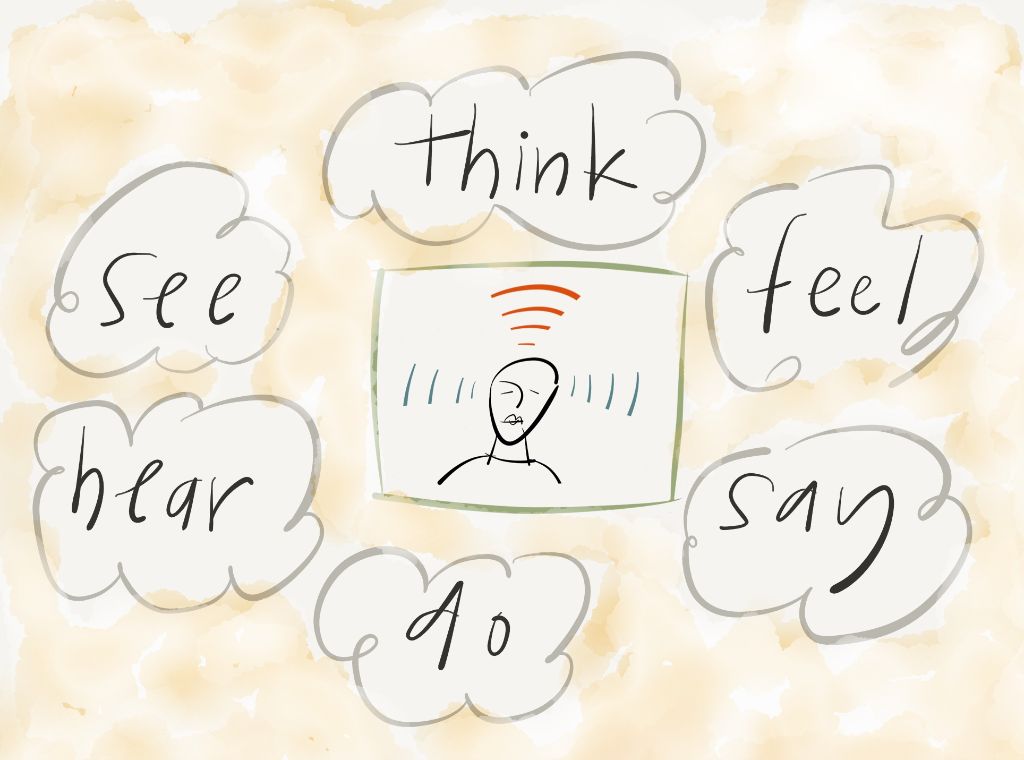How to Unleash your Quiet Superpowers
Shyness & introversion are often completely misread by others. All your brilliant ideas and contributions get squished in the noise of the workplace. But with a few simple changes in approach - and a bit of help from your friends - all that can change.


Shyness & introversion are often completely misread by others. People read your quietness as you being anti-social or aloof. Meanwhile, you end up feeling as if all your brilliant ideas and contributions get squished in the noise of the workplace. However, with a few simple changes in approach – and a bit of help from your friends – all that can change.
There are quiet, deep thinkers in every workplace. Too often, their great ideas and perspectives get lost in the white noise created by their busier workmates. By adopting a few simple tools and techniques quiet folk can feed their ideas in and team leaders also can help unlock this valuable quiet wisdom.
What are quiet superpowers?
- Quiet people tend to be deep thinkers – and spend longer thinking things through.
- In thinking things through more thoroughly they tend to examine issues from a variety of perspectives – shining light on the problem from different directions.
- Introverts especially check their thinking against previous experience and memories they may have of similar experiences.
- They often spot things that others miss in the rush towards a solution.
- Quiet people dig deep – they spend more time on divergent thinking – looking at things thoroughly – before narrowing the options down. Rather than coming up with a single answer they may work out a range of options.
The struggle to be heard
Being heard is not an end in itself – the real change starts to happen when your reframe your efforts – moving away from a perception of ‘struggling to being heard’ and towards an understanding what you really need to do in order to make a difference. Once you have established a sense of purpose you can then move towards creating a framework of possibility within which you can communicate tactically – doing a range of small things which when added together start to create the effect you desire.
Like a climber, envisage a big challenge as a series of short stages – and after each stage take time to rest, secure your position and decide how to tackle the next – and so on…
1. Think about a small but significant contribution you can make in life or work. What can you do that will have a positive impact? It doesn’t have to be big. Even the tiniest pebble creates ripples right to the edge of the pond.
2. Work with other quiet souls. It lightens the load and takes away the loneliness. Collaborate. We are stronger together.
3. Do something to reveal the energy that’s wrapped up in your quiet. It doesn’t need to be grandiose. It doesn’t need to be noisy. It may simply be about sharing your unique insight. Create a shift, however small.
If you have something to contribute, however humble, you have a duty to share it. The energy for change must be created somewhere. If not within you, then where?
Take your pebble. Drop it in the pond. Watch the ripples spread.
How can you reduce the fear factor?
Build your alliances one person at a time. Find a champion – someone who’ll make way for you in meetings or help you introduce your topic or discussion point. Get onside with your team leader – let them know what helps and hinders.
- Remember that you are not alone. Even highly experienced people are anxious under pressure.
- Ask for time to think and prepare before meetings – and for extra time to think and report back afterwards.
- Don’t try to battle your fear—make friends with it, become familiar with its physical sensations.
- Give it a name —‘Oh! That’s just my public speaking wobbles again’. Naming it helps you identify it as a recurring negative thought pattern—that can be disrupted.
- Think about your greater goal — not just the current task. If you do these small things, what bigger, longer-term goal will they help you achieve?
- Remember, and give yourself credit for, your past successes. We tend to forget all the great things we’ve done in the past. Don’t do this!
- Keep a journal of all your successes — even the tiniest ones count.
- Aim to be a little bit braver every day.
Here’s link to a simple hack that will win you respect in meetings:
If you have found this post helpful, and would like to explore the issues raised in more depth. please don’t hesitate to check my profile or get in touch. Or you can call me on 07810 415402.
Pete Mosley PCC
Coach/Speaker/Writer
I work with quiet, thoughtful and purpose-driven individuals to help build confidence in both life and work, for example by supporting them to find a voice, speak up, pitch or talk in public without feeling intimidated by louder voices. As a reflective person myself, I'm drawn towards working with others who find the cut and thrust of everyday life to be a challenge. I also help business owners work out how to promote themselves and build an audience for their work. I'm a graduate of the acclaimed Barefoot Postgraduate Certificate in Business & Personal Coaching, and I now teach for Barefoot. My book - The Art of Shouting Quietly - a guide to self-promotion for introverts and other quiet souls – has sold in 25 countries around the world. I'm very experienced - I have 15 years of track record as a mentor in the Creative Industries prior to training as a coach in 2008. Please don't hesitate to get in touch - I'm always happy to talk with you about coaching/mentoring on the phone - with no obligation.


